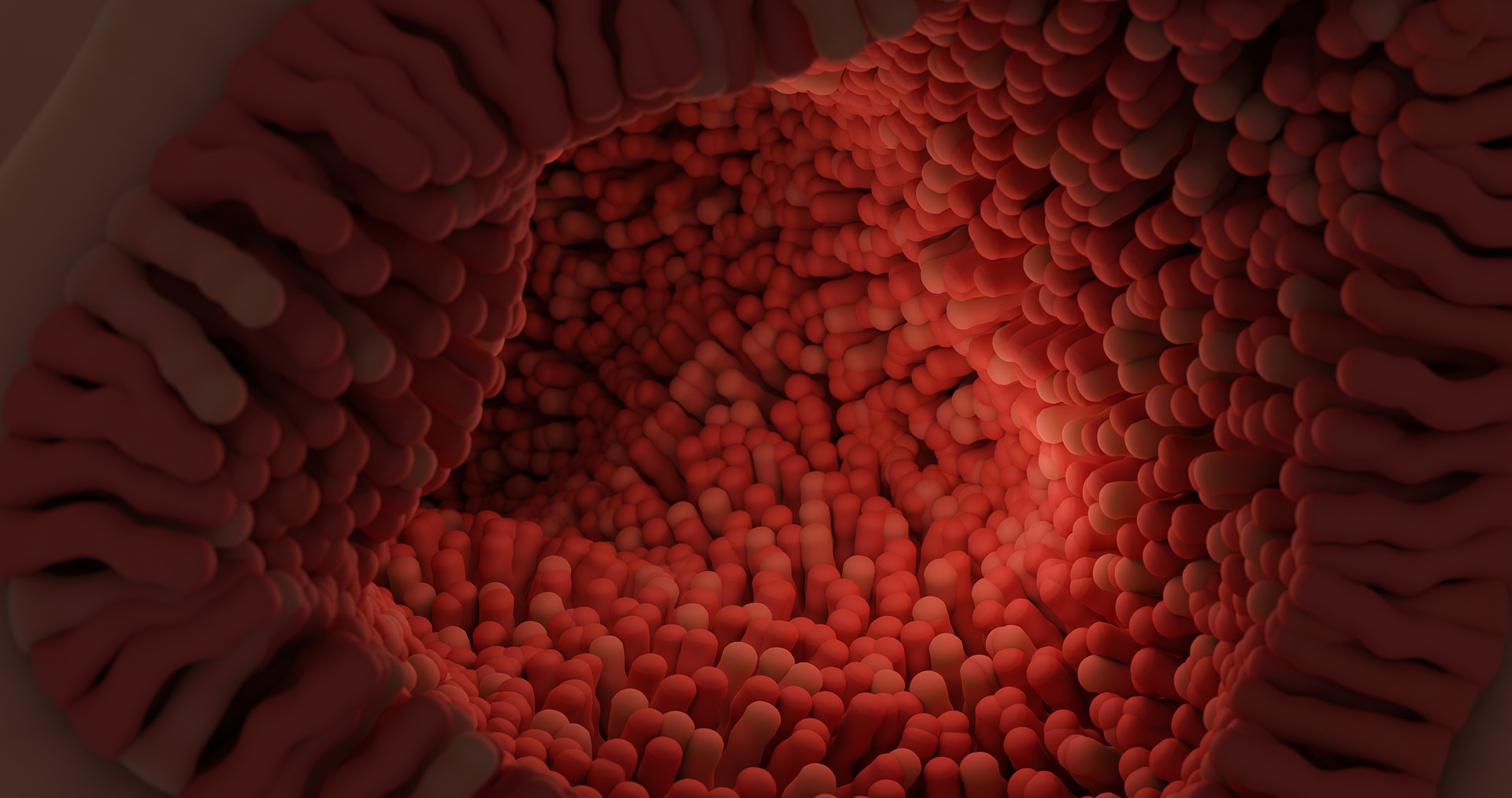Heal

your GUT
Anti-Aging

“Hippocrates said : 'All disease begins in the gut.'
Gut health is very important it is highly related to the immune system.
70% of the immune system resides in the gut. The digestive system is indeed the largest portion of our immune system. Hence, the best preventive mechanism of anti-aging is to maintain a balanced gut flora. The right gut microflora keeps us healthy while the wrong gut microflora can make us sick.
Gut flora and gut barrier determine gut health. A healthy gut supports a robust immune system, a healthy heart, a healthy brain, a better mood, restful sleep and efficient digestion.
Gut flora is the key component of digestion, it is also home to 100 trillion microorganism that makes up our microbiome. These microorganisms are made up primarily of good bacteria and small amounts of other microbes, such as fungi.
A healthy gut requires an intact mucosal barrier function. The mucosal cells are strongly attached to each other through tight junction proteins called zonulin. It helps to regulate the movement of water and nutrients into and out of cells. Normally, the tight junction between intestinal cells forms a semi-permeable protective barrier to protect viruses, fungi and harmful bacteria or toxins from entering into the bloodstream.
Zonulin levels may increase due to inflammation, infection, injury, diet (gluten), or disease, it can cause the tight junction proteins to loosen, which allows larger molecules to pass through the gut lining into the circulation system. This can lead to inflammation and other health problems.
Improve Gut Health. Improve Immune System
High-fiber Plant-based Foods
Regularly eating foods that are rich in fiber help regulate the proper functioning of the gut.
There are two types of fiber— soluble and insoluble,
Insoluble fiber is to create “matter” or “content” to move through our digestive systems. The fiber remains unchanged all the way to the colon, making waste heavier and softer so it can pass more quickly through the intestines. Food sources commonly found in vegetables such as Celery strings and kale stems. If taken as a supplement, it should be taken separately from medications and mineral supplements as it binds the actives and prevents them from being absorbed.
Soluble fiber is named for its ability to dissolve in water or absorb it. As it moves through the GI tract, it begins to swell and skims the lining of your intestines—resulting in effective intestinal cleansing. Soluble fiber slows digestion, which helps lower cholesterol and blood glucose. Food sources such as oatmeal, lentils, beans, nuts, flaxseed, fruits high in pectin, such as apples, citrus, and berries
Fermented foods
Fermented foods are rich in beneficial bacteria that can help replenish and support the good bacteria in your gut. Fermented foods boost microbiome diversity, improve immune responses and promote gut health by providing your gut with nutrients that it needs to maintain the intestinal lining, produce vitamins and neurotransmitters and regular mood.
Foods like kefir, yogurt (plain unflavored) and fermented vegetables, kimchi
Prebiotics and Probiotics
Prebiotics are non-digestible fiber-rich foods that act as a source of food for the good bacteria in your gut. Eating prebiotic fiber will feed the beneficial bacteria in the digestive tract and increases the levels of Lactobacillus and Bifidobacterium in the gut. Prebiotic-rich foods include raw onions, garlic, leeks; fruits, vegetables, legumes, and whole wheat.
Probiotics replenish the good bacteria that were killed along with the bad bacteria that made you sick. Probiotics are live bacteria and yeasts. Foods that are rich in probiotics include kefir, yogurt, aged cheese, miso, sourdough bread and sauerkraut.
Taking probiotic supplements whenever you take antibiotics
Health benefits of probiotics: Treatment of diarrhea, reduction of lactose intolerance, improved immune system, lower chances of colon cancer, and reduction of blood pressure and cholesterol.
Gut health can be affected by a variety of different lifestyle factors that include poor diet, stress, medications, a sedentary inactive lifestyle and the use of antibiotics.
Avoid foods that are rich in sugar and trans fats because they promote the growth of harmful bacteria and increase inflammation in the gut which can lead to a leaky gut.
►Good bacteria: Lactobacillus, Acidophilus, Bifidobacteria, Bacteroides, Faecali bacterium
►Bad bacteria: E. coli, Salmonella, Shigella, Klebsiella, Yersinia
1. Stomach upset
Consistent discomfort, gas, bloating, diarrhoea, constipation and heartburn and chronic fatigue
2. A high-sugar diet
Processed foods and added sugars can decrease the rate and quantity of good bacteria in your stomach.
3. Unintentional weight changes
An unbalanced gut hampers your body’s capacity to absorb nutrients, and lose weight without changing your eating or exercise routine
4. Sleep disturbances or constant fatigue
Chronic fatigue, insomnia or poor sleep. Gut damage can make it harder to get good sleep because serotonin (a hormone that influences mood and sleep) is produced there.
5. Skin irritation
Inflammation, eczema and rosacea,
6. Autoimmune conditions
Multiple sclerosis, rheumatoid arthritis and ulcerative colitis
7. Food intolerance
flatulence and diarrhoea
Reduce Stress – exercise, reduce caffeine, do breathing exercise, and avoid taking antibiotics.
Exercise regularly
Get enough sleep
Avoid smoking
Healthy diet – High Fiber, Less sugar and processed food. Increase your intake of whole grains, nuts, vegetables, legumes and fresh fruit.
Eat more polyphenol-rich foods and dark chocolate.
Vitamin A is important for barrier function. In the gut, it is needed for mucous secretion
Vitamin D good for the Innate Immune System
Vitamin E – Lipid soluble, protect cell wall.
Zinc Anti-Inflammatory. Protect DNA copy, cell cycle
Iron Microorganisms require iron for growth. Iron deficiency induces thymus atrophy
Selenium (– create glutathione – detox the liver. ALA: Balance and anti-oxidant)

your GUT